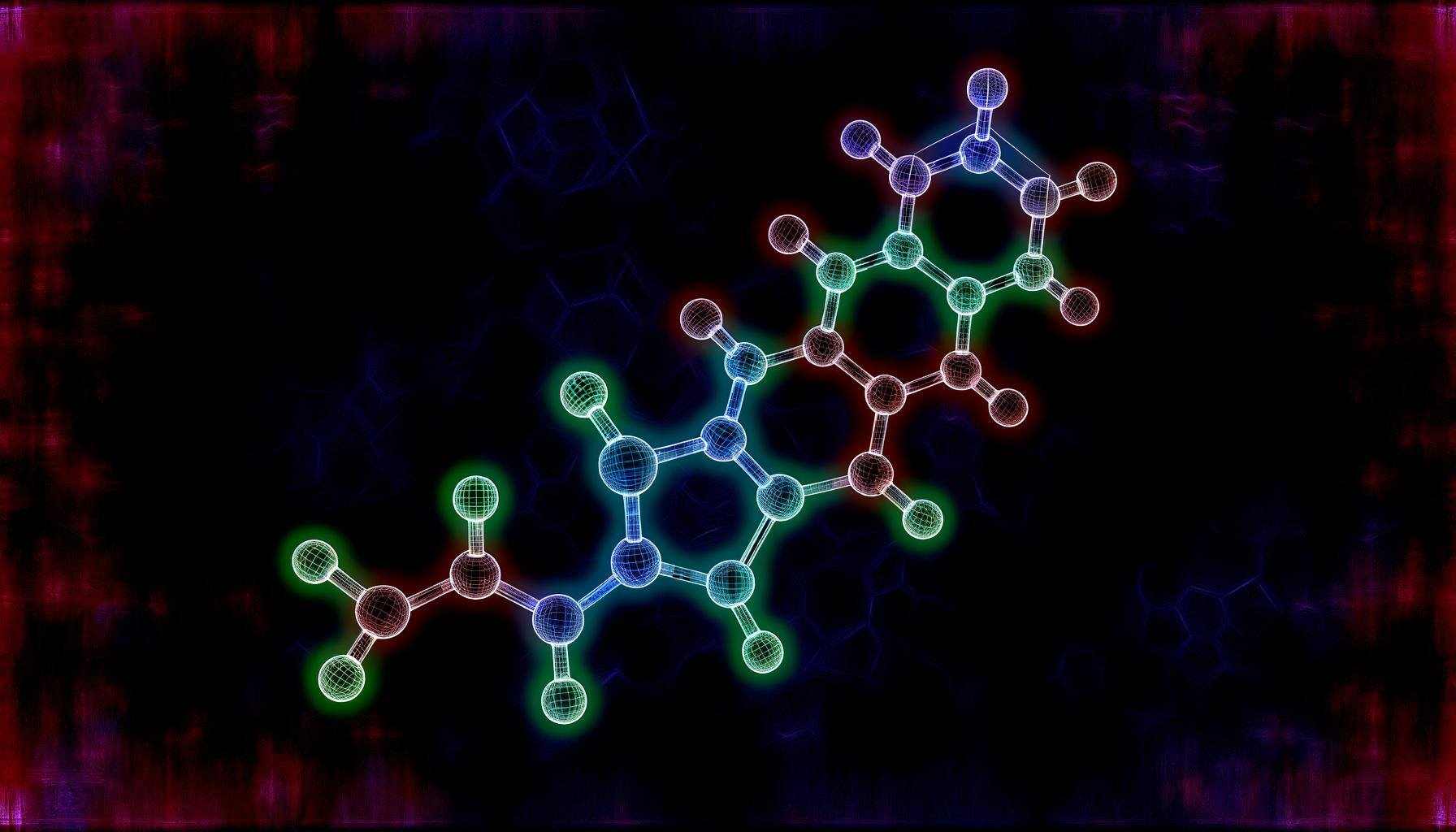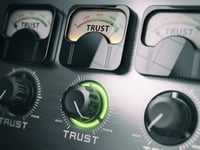
How to Hack Brain Chemistry for Better Sales Team Performance
I don’t often talk about “hacks,” because I believe that outstanding sales performance doesn’t have shortcuts. You have to have a great strategy, a way of selling, the right team, the right milestone-based process, the right skills, and the right coaching.
There’s no simple and easy way to outcompete the rest of the market.
But there are ways you can “hack” brain chemistry to motivate and inspire your team. And a motivated team is a higher-performing team.
You Need to Understand This Brain Chemical
Brain chemistry affects everything we do. From depression to anxiety to motivation and inspiration, the chemicals in our brain can have a profound impact on how we feel, what we do, and how much we can accomplish.
The good news is that while we can sometimes be at the mercy of our brain chemistry, we also can change our brain chemistry when we understand it.
One major brain chemical we all need to understand is dopamine.
Many of us know that dopamine is a “reward” chemical. It’s the brain chemistry that’s triggered when you open social media to see comments and reactions on a post, when you “level up” in an online game, and when you check off a task on a to-do list.
Many sales leaders try to harness dopamine by creating leaderboards and gimmicks to reward high performers for making sales, beating quota, or outperforming teammates.
These tactics can be helpful, but there’s something else you need to know about dopamine to use its full power.
Dopamine is a Motivation Chemical
Not only does dopamine reward us with a happy “I did it!” feeling, it also motivates us to keep going.
In fact, when dopamine is very low, it can feel impossible to do anything at all. You can see this with “learned helplessness,” which happens when someone repeatedly experiences failure and eventually gives up trying.
On sales teams, team members with good potential can burn out if they don’t have enough early success to encourage them to keep going. It’s easy to be critical of this and decide they shouldn’t be on the team if they can’t “stick it out.” But it’s actually not their fault, it’s just brain chemistry–a lack of dopamine can cause motivation to evaporate. And it’s a shame because it means that good people “fail out” when they might have done quite well with the right support and motivation.
On the other end, high performers often become even higher performers because they are getting constant dopamine “hits” from making targets and achieving goals.
Once you understand that dopamine is a motivation chemical and not just a rewards chemical, it becomes easy to understand how “hacking” this brain chemical can help your struggling team members get better and your high performers get even better.
How to Harness Dopamine on the Sales Team
Game creators understand dopamine very well and use it to make their games “addictive.” They build in small victories and achievements within the bigger achievements to keep players interested and motivated to keep going.
Game creators understand dopamine and use it to make their games “addictive.”
We can do the same thing on sales teams, but we have to set the system up to support it in an effective way. You don’t want to reward the wrong behaviors or push salespeople in unhelpful directions.
To harness dopamine effectively on the sales team, you need a milestone-based process that reflects your Way of Selling and offers small wins along the way. You need checklists and metrics that reward salespeople not just for winning big deals but for all the small accomplishments along the way, like accessing a stakeholder and discovering customers’ decision criteria.
Rewards don’t have to be monetary or major to work. Even simply checking an item off on a checklist can provide a little hit of dopamine that motivates tackling the next item.
Additionally, excellent sales coaching can help salespeople tap into their personal successes on a regular basis and see the improvement that they’re experiencing. With the right support, managers can see timelines and trends and help salespeople see their own improvement. With the right tools, salespeople can see this improvement in real time for themselves.
On a recent skiing trip, I received coaching that helped me change the way I move my body while skiing down a slope. Because of the coaching, I was able to feel immediate improvements in my performance. It felt good, and it motivated me to want to go back for more coaching.
Big wins are important, but the small wins are just as important to keep you going. We are wired to want to see improvement and to want to see success, and to be motivated by it.
Of course, I believe Membrain is the best tool to support an effective “hacking” of the dopamine centers. Our tools show your team’s progress across time on both a high and a granular level. Our built-in checklists and milestone-based processes provide dopamine hits throughout the day and larger ones for accomplishing milestones. And our upcoming Elevate module will help take sales coaching to a new level.
I’d love to hear how you’re tapping into the power of dopamine on your sales teams.

By George Brontén
George is the founder & CEO of Membrain, the Sales Enablement CRM that makes it easy to execute your sales strategy. A life-long entrepreneur with 20 years of experience in the software space and a passion for sales and marketing. With the life motto "Don't settle for mainstream", he is always looking for new ways to achieve improved business results using innovative software, skills, and processes. George is also the author of the book Stop Killing Deals and the host of the Stop Killing Deals webinar and podcast series.
Find out more about George Brontén on LinkedIn







